SJW: History of hate
Unmute yourself
February 24, 2022
The term “Asian American” came from Spicked (2007) shows that “Asian-American” was an idea invented in the 1960s to bring together Chinese, Japanese, and Filipino Americans for strategic political purposes. The purpose of this was to identify with self-definition and empowerment.
The Chinese arrived in the U.S in large numbers on the West Coast in the 1850s and 1860s to work in the gold mines and railroads. They encountered very strong opposition-violent as riots and physical attacks forced them out of the gold mines. The Central Pacific railroad hired thousands, but after the line was finished in 1869 they were hounded out of many railroad towns in states such as Wyoming and Nevada. The Japanese arrived in large numbers around 1890-1907, many going to Hawaii and others to the West Coast. Hostility was very high on the west coast. Even in our past, Asian Americans have experienced xenophobia and racism.
On May 8, 2020, United Nations Secretary-General Antonio Guterres said, “the pandemic continues to unleash a tsunami of hate and xenophobia, scapegoating and scaremongering” and urged the government to “act now to strengthen the immunity of our societies against the virus of hate”. Several political parties and groups, including in the United States, United Kingdom, Italy, Spain, and others have also latched onto the Covid-19 crisis to advance anti-immigrant, white supremacist, and xenophobic conspiracy theories that demonize refugees, foreigners, prominent individuals, and political leaders.
“Racism and physical attacks on Asians and people of Asian descent have spread with the Covid-19 pandemic, and government leaders need to act decisively to address the trend,” said John Sifton, Asian advocacy director.
Since the pandemic outbreak, Asians and people of Asian descent have been targets of derogatory language in media reports and statements by politicians and social media platforms, where hate speech related to Covid-19 also appears to have spread extensively. The previous US President Donald Trump’s use of the term “Chinese virus” and Secretary of State Mike Pompeo’s use of “Wuhan virus” may have encouraged the use of hate speech in the US. Although by late March Trump stepped back from using the term and issued a tweet in support of “our Asian-American community,” he has not directed any specific governmental response toward protecting Asians and people of Asian descent.
Asian Americans have been the targets of violence based on their race and or ethnicity. This violence includes, but is not limited to, such events as the Rock Springs massacre, Watsonville Riots, Bellingham Riots in 1916 against South Asians, Attacks upon Japanese Americans following the attack on Pearl Harbor, and Korean American Businesses targets during the 1992 Los Angeles Riots. Attacks on Chinese in the American frontier were common, this included the slaughter of forty to sixty Chinese miners by Paiute Indians in 1866, during the Snake War, and attack on Chinese miners at the Chinese Massacre Cove by cowboys in 1887 which resulted in 31 deaths. There are many other assaults and other hate crimes were committed against South Asians in New Jersey by groups of people from different races and ethnic groups.
From 2019 to 2020, the overall hate crime rate declined, while hate crimes targeting Asians increased, from three to 28 in New York and seven to 15 in Los Angeles. An analysis of police department statistics has revealed that the United States experienced a significant hike in anti-Asian hate crimes last year across major cities.
The analysis released by the Center for the study of Hate and Extremism at California State University, San Bernardino, this month examined hate crimes in 16 of America’s largest cities. It revealed that while such crimes in 2020 decreased overall by 7 percent, those targeting Asian people rose by nearly 150 percent.
The Asian American and Pacific Islander committee have being in a state of anxiety, stress, and pain. Many had incidents including harassment, property damage, and violence because of a stigma around the geographic origins of COVID-19. The ongoing pandemic has caused many Asian Americans to suffer from racial attacks on them and their business. In one incident early in the pandemic, an elderly Asian man was collecting recyclables in San Francisco when attackers threatened, assaulted, and taunted him with racially charged comments, all while bystanders looked on and at times laughed and joined in taunts.
The incident was posted on Instagram and in days was viewed more than 3 million times. In January 2021, people vandalized at least 13 businesses, all mostly Asian-owned, in Portland, Oregon. In Los Angeles, vandals broke windows and set a Japanese Buddhist temple on fire in February 2021. Also in February, robbers vandalized multiple restaurants, many of them Asian-owned in Howard County, Maryland. While all of these incidents are under investigation for potential biased criminal implications, they are still adding to the fear, pain, and anxiety of the pandemic by affecting the victims, families, communities, and at times, the entire nation.
Asian 4 Black Lives is a coalition of Asian Americans with diverse ethnic backgrounds of all kinds. The movement was created for Asian Americans who served as advocates for the BLM movement in 2014. Their main goal is to stand in solidarity with people of color and support Black committees facing racial injustice. They believe that finding justice for the community is the foundation that liberation for other minority groups can build on.
These are organizations that are fighting for Asian American who needs more support such as Asian American Advancing Justice-Atlanta, Red Canary Song, Asian American Feminist Collective, and Asian Mental Health Collective. These are organizations are willing to take a stand and do what they think is right.
I decided to amplify the voices of Asian Americans because I felt the need to talk about problems that they face on a daily bases because there are many Asian Americans that faced racism of some sort that are scared to share their stories due to the fact they don’t want their family members to become victims of hate crimes. Stories like this don’t get the attention and acknowledgment that they deserve. Many people need to see the importance of standing up for others and not just others from the same race but outside of that race.
People feel as if it’s ok to discriminate against others because of their look, culture, language, and the color of their skin. Not many people know about the things that are going on in the Asian community as much as they do in the Black communities. There are small organizations that workers with different racial-ethnic groups need more of our support to fight for justice in their community. When it comes to Asians being treated equally it’s going to take decades for us to see changes, so I would like to make a difference by bringing awareness to the Asian community and how we can do our part in making sure that their voices are being heard.

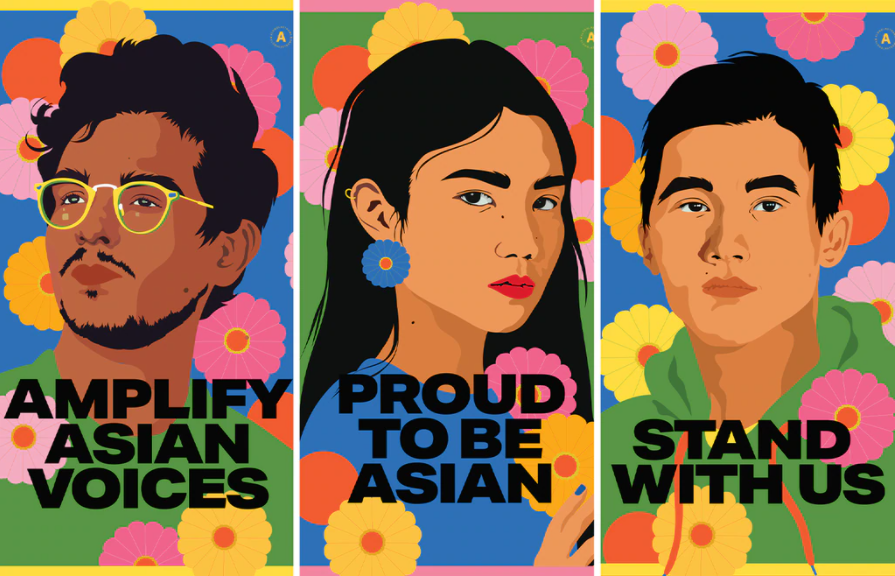
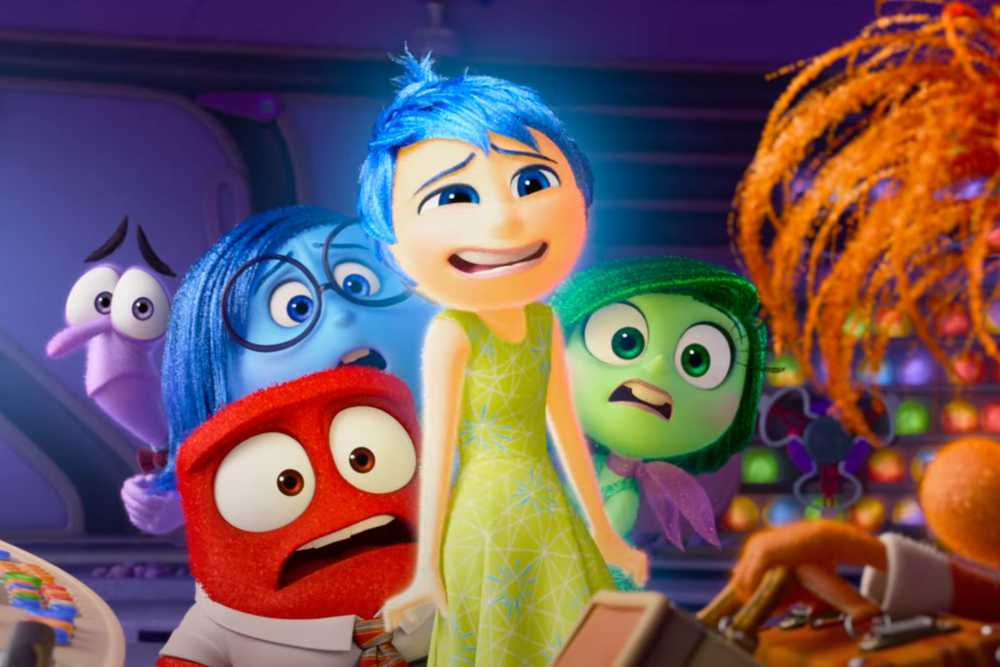
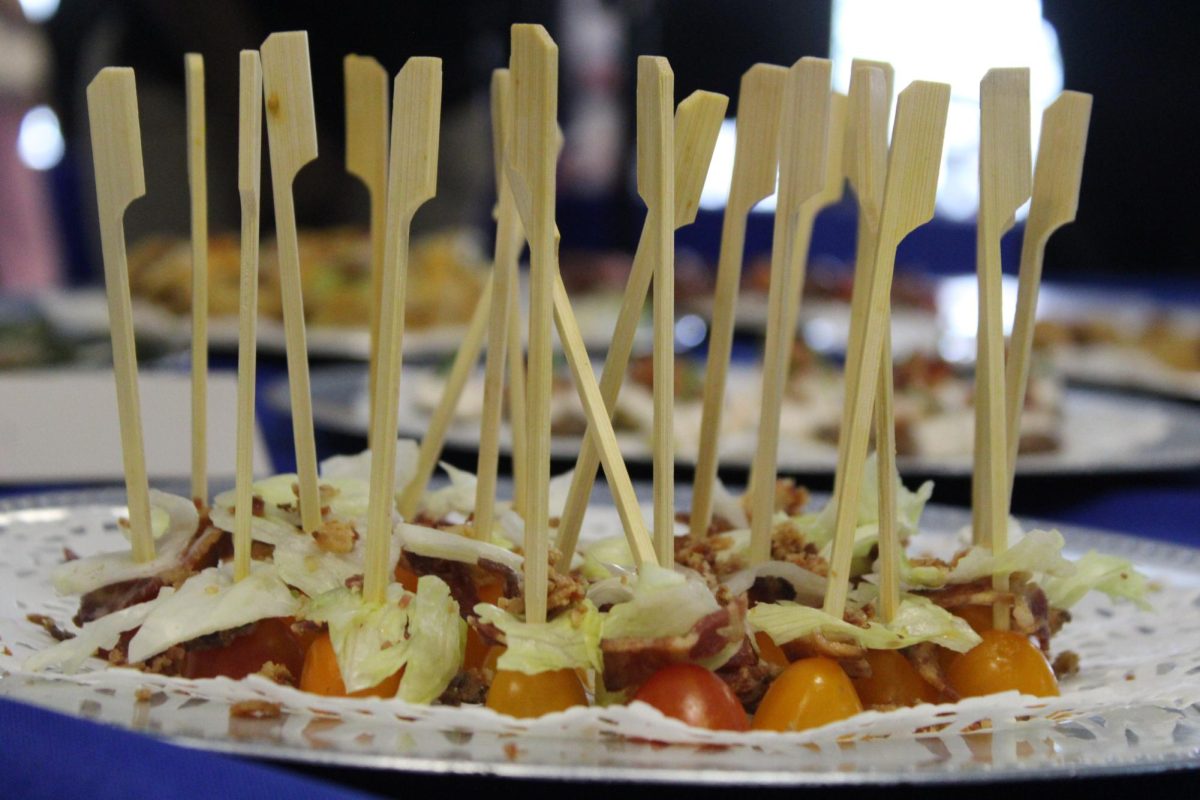
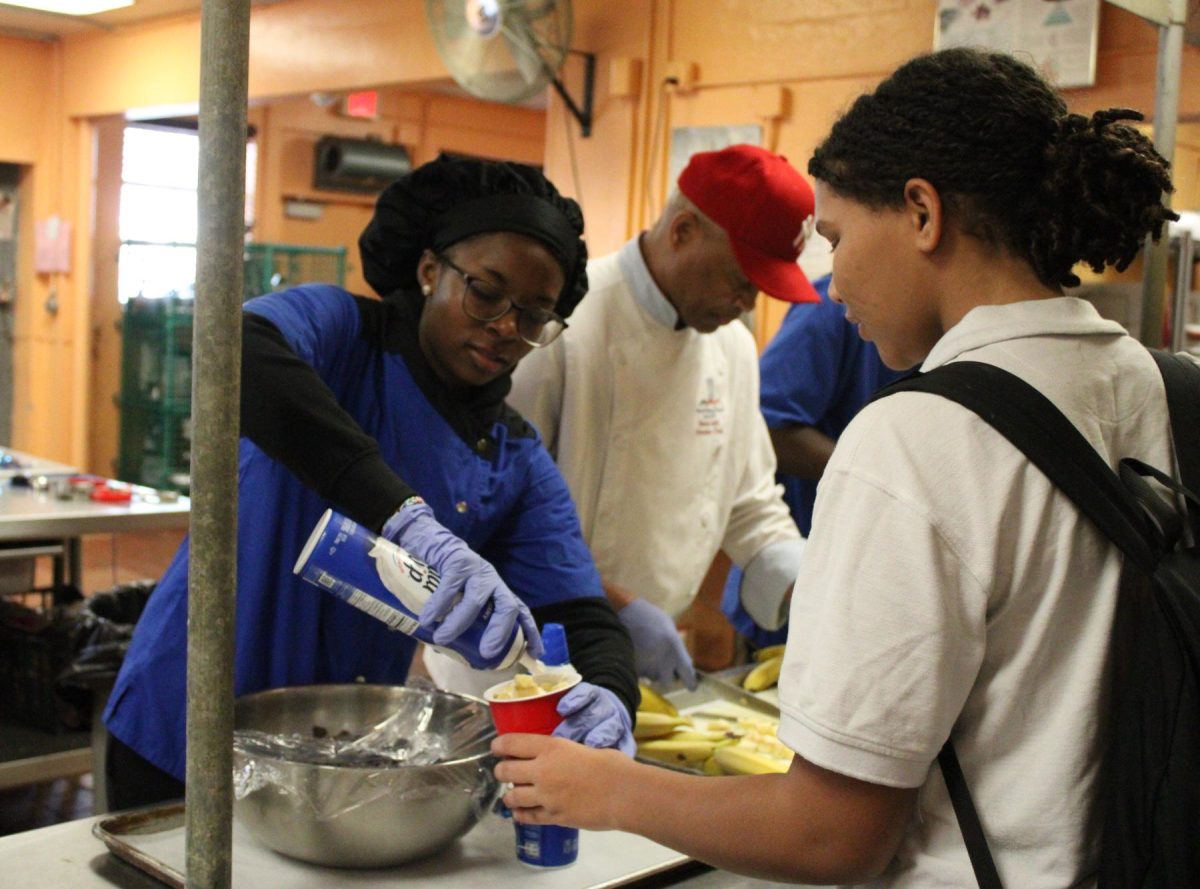
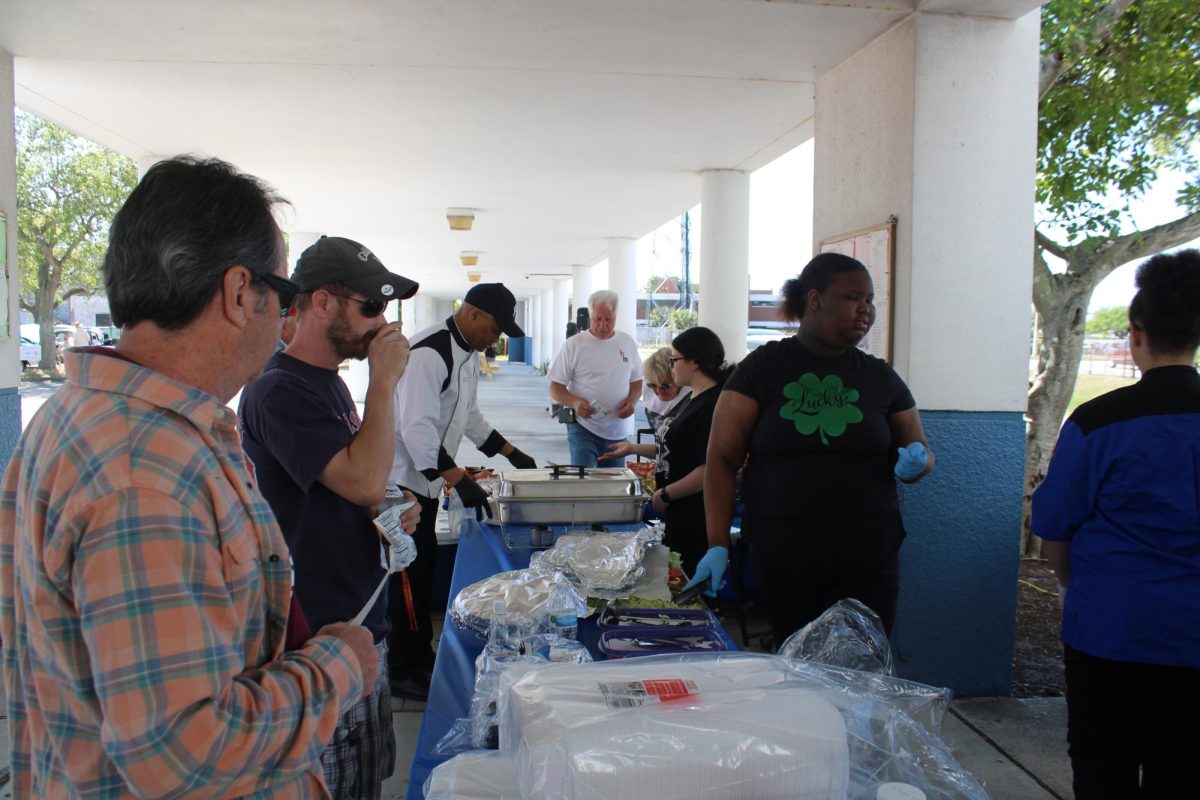
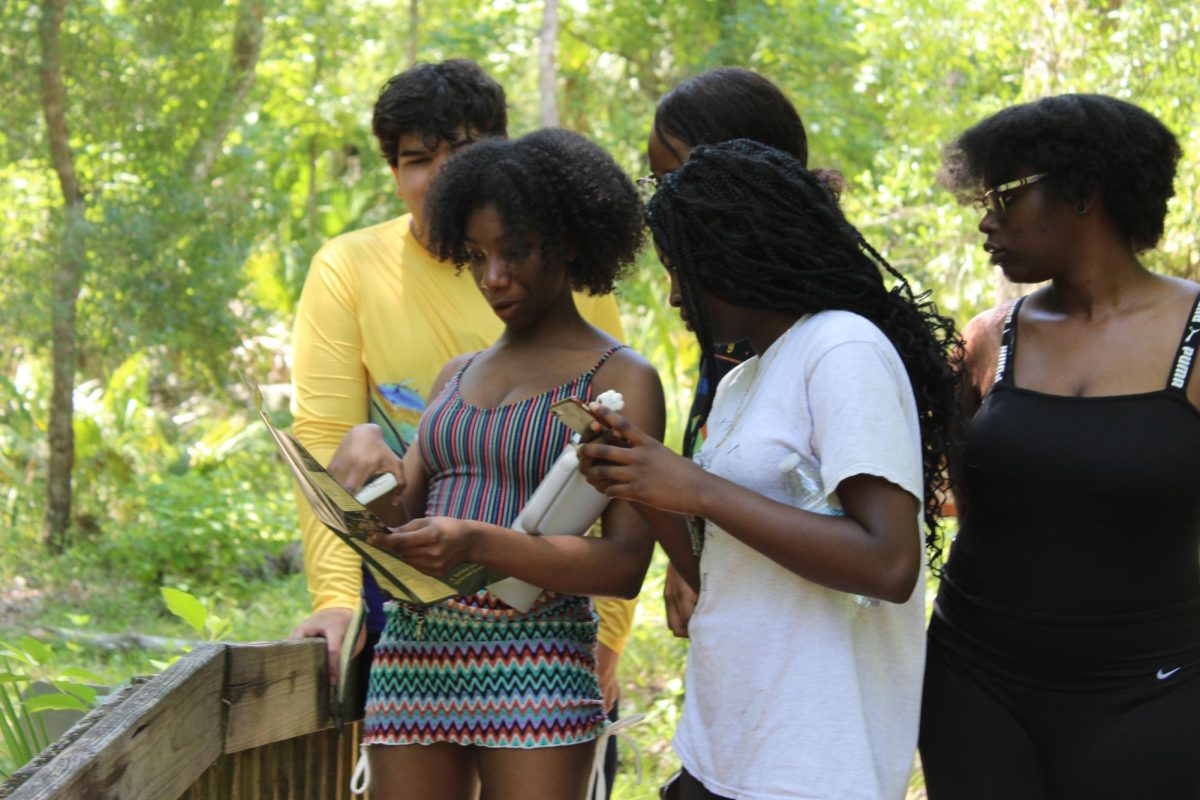
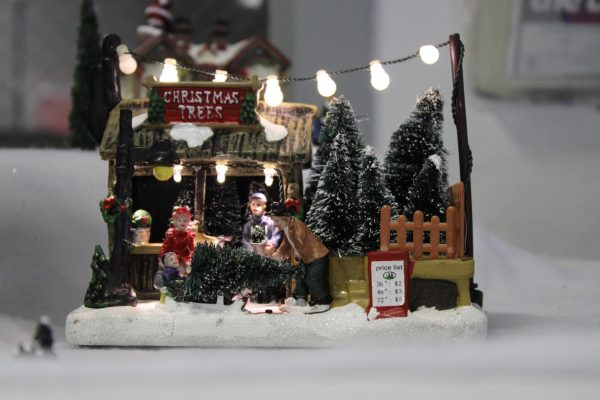
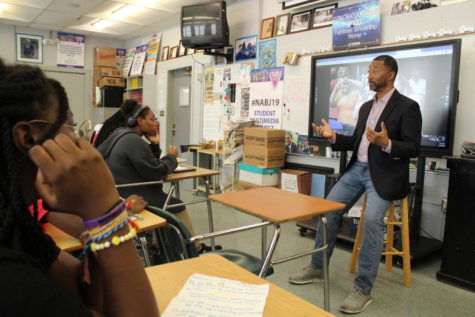
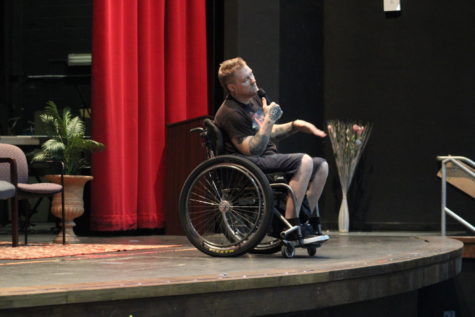
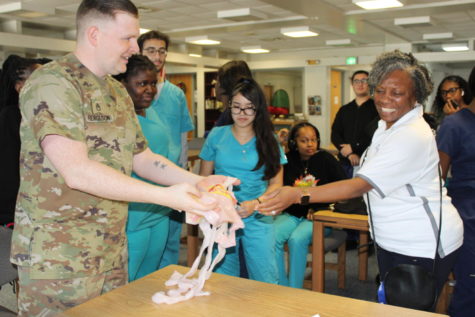
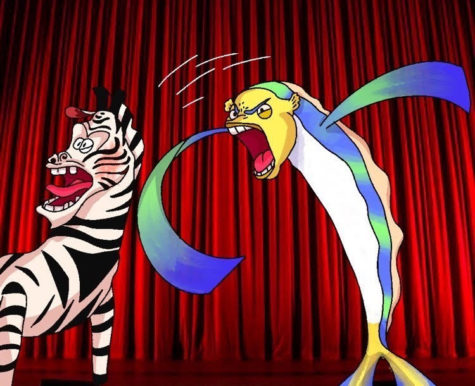
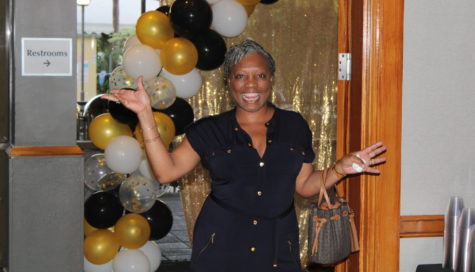
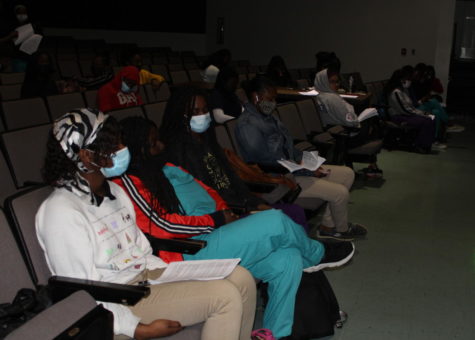
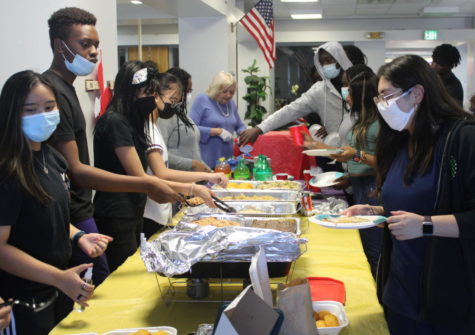
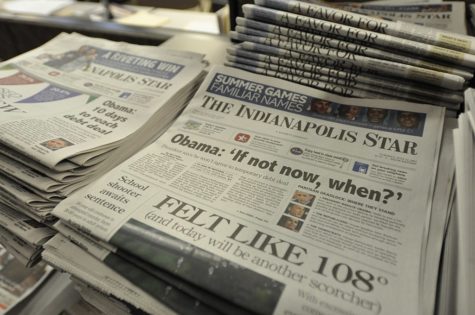
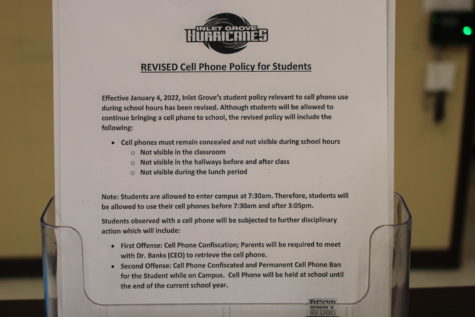
Kelis • Oct 23, 2023 at 1:11 pm
I like this article because not only is it straight foward but it is also relatable. When the virus came out everyone was saying that people from china were the source. At this time I was in elementary. But STILL now people are still discriminating Asian, and chinese people. And you would think that since our ancestors sorta went through the same thing, people of my color would lean more towards the understanding side, and educate themselves upon this topic.
Ashley St Jean • Oct 17, 2023 at 10:38 am
I remember seeing this on the news around quarantine and I didn’t really understand why people of Asian descent were being targeted, and I felt sympathy for them even though I was in middle school and didn’t understand much about it. The thing that confused me the most was that there were a decent amount of people of my color displaying all these negative emotions, and discriminating against a group, even though their grandparents and ancestors most likely faced targeted hatred and discrimination similar to what they’re doing.